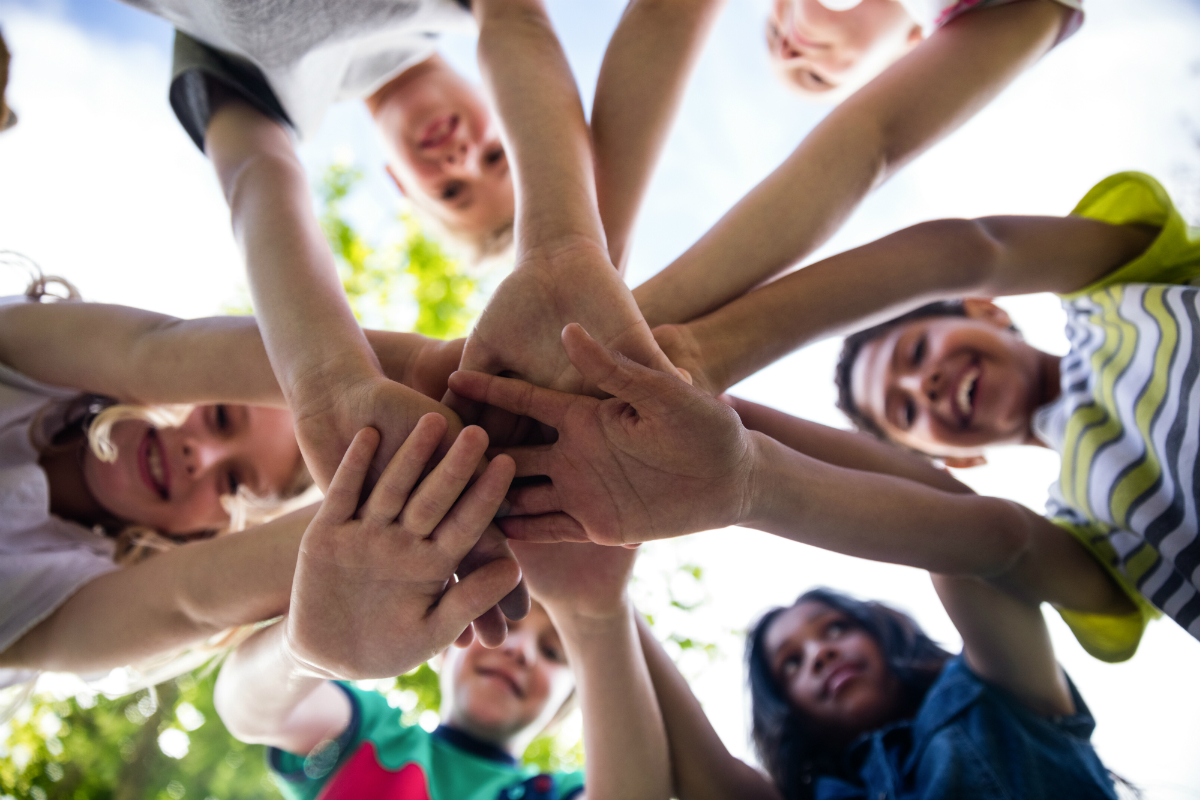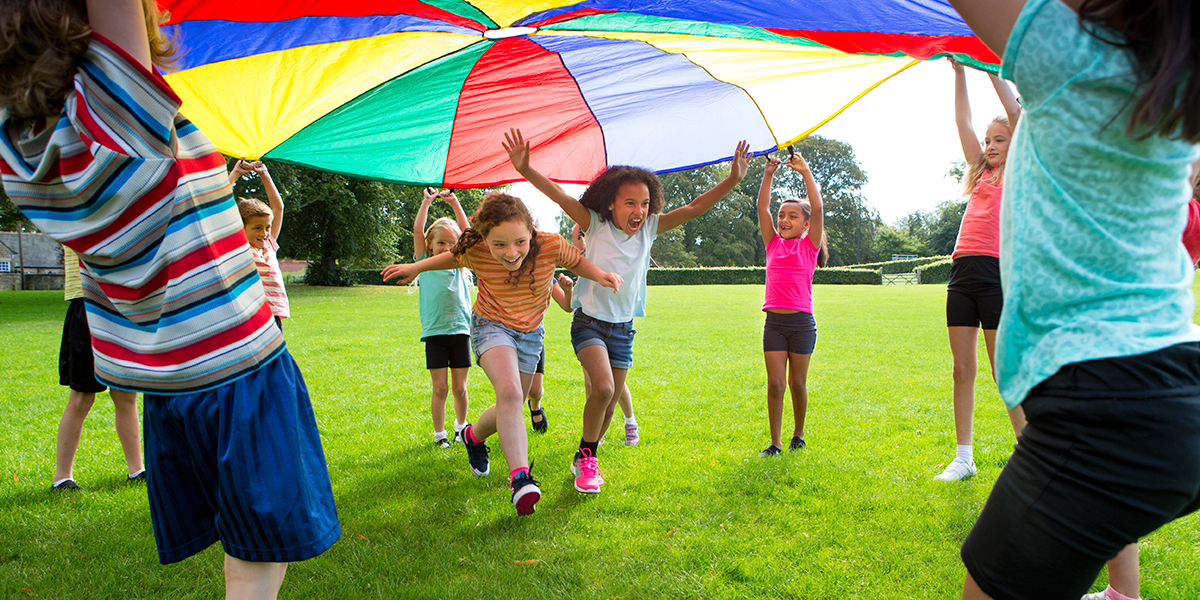San Joaquin County Office of Education has long prepared students with disabilities for jobs that would allow them to lead more independent lives upon graduation, and by overcoming recent obstacles including the COVID-19 pandemic, county officials have developed additional programming that has further benefited students.
The WorkAbility I (WAI) grant program piloted by the California Department of Education in 1981 is a career awareness, exploration and training program for special education students ages 12 to 22. Part of the Special Education Local Plan Area (SELPA) department housed at San Joaquin COE, it provides students with opportunities to participate in career speaker presentations, mock interviews, job shadowing, industry tours and career exploration. This allows students to find their interests, skills and abilities while learning job-search, readiness and retention skills. The program provides paid job training opportunities for students 16 years and older at participating local businesses with ongoing support and guidance from WAI vocational staff.
San Joaquin COE’s Vocational Skills Lab helps prepare students for WAI by assessing skillsets and providing students a chance to explore their interests and abilities prior to seeking employment, said Frank Souza, a WAI program specialist.
“All of our students, no matter what ability or level they are at, they’re always striving for independence,” Souza said. “The WorkAbility I program is an avenue to work your way towards independence. Whatever that independence looks like for somebody may vary, but that’s where they get excited.”
The benefits of WAI are felt throughout the community. While the students receive valuable work experience, employers report it as a valuable training tool. Other employees often help train the students how to do on-the-job tasks, further improving their own productivity, Souza said.
Overcoming challenges
To stay in compliance with the requirements of the WAI grant when businesses shut down at the start of the pandemic, San Joaquin started micro businesses for students to sell ice cream and coffee at the local district offices, allowing them to safely take part in the community access part of the program. While businesses are now open, the micro businesses have turned into something similar to a food truck experience, with students traveling to different campuses.
One thing that’s proved to be a double-edged sword long term? Minimum wage increases. “We’re able to place fewer students because, while we’re getting to pay our students a higher wage, the money [available through the grant] is still the same, so the number of students that could be served is reduced,” Souza said. “That’s part of what led us to start the Vocational Skills Lab, but it was really a twofold thing. We were [also] noticing some of our students weren’t quite ready to go out into the community.”
Funded through a Department of Rehabilitation grant, the Vocational Skills Lab focuses on preparing high school students for the WAI program by developing the skills they’ll need, allowing them to try out different fields and more. This allows San Joaquin COE to provide WAI employment opportunities for more of the 18- to 22- year-olds in its special education young adult programs.
Benefits of soft skill development
As participating students learn skills specific to various places of employment, it’s the improved soft skills that are benefiting students in and out of school, Souza said. For instance, students are coming to campus dressed more appropriately, they’re taking school more seriously, and their attendance often improves too.
“We find our students’ attendance increasing because they know that, ‘Okay, for work, I have to be on time or I don’t get paid.’ So, they’re starting to realize, ‘That applies to school. I have to come to school on time,’” he continued. And at home, “now they’re starting to make their bed, they’re starting to clean up after themselves. It’s making everybody’s life better. They’re becoming part of their community at home, part of their community at their care facility — these are the soft skill things where we’re seeing the biggest area of growth.”
Opportunities for everyone
Because the WAI program prepares young people for entry level positions, there is bound to be an opportunity for students that won’t be hindered by their disability. In some cases, what may get in the way of their success in one area may be the reason they’re perfectly suited to another.
For example, as students worked through various skills, one boy struggled and was often distracted, until he reached the computer lab section and took a shine to data entry.
“This young man put that data in faster than any of the employees that we’ve had go through our program,” Souza said. “Most of the other [sections], he was off task, running around the facility. On that one, he was on task the entire time. So, we can show an employer, ‘If he was to go work in your office and you give him just a stack of data, he can get that in there faster than a typically developed employee would.’
“That’s the hope of this Vocational Skills Lab and WorkAbility is to, when students complete the program, we have documentation, because we’re collecting data, and there’s a database that we put all the information of how quickly they can do a job, how accurately they can do a job, how interested they are in job,” he continued. “And hopefully we can present that to an employer and say, ‘Okay, I know they can’t do everything, but this is what they can do.’”





